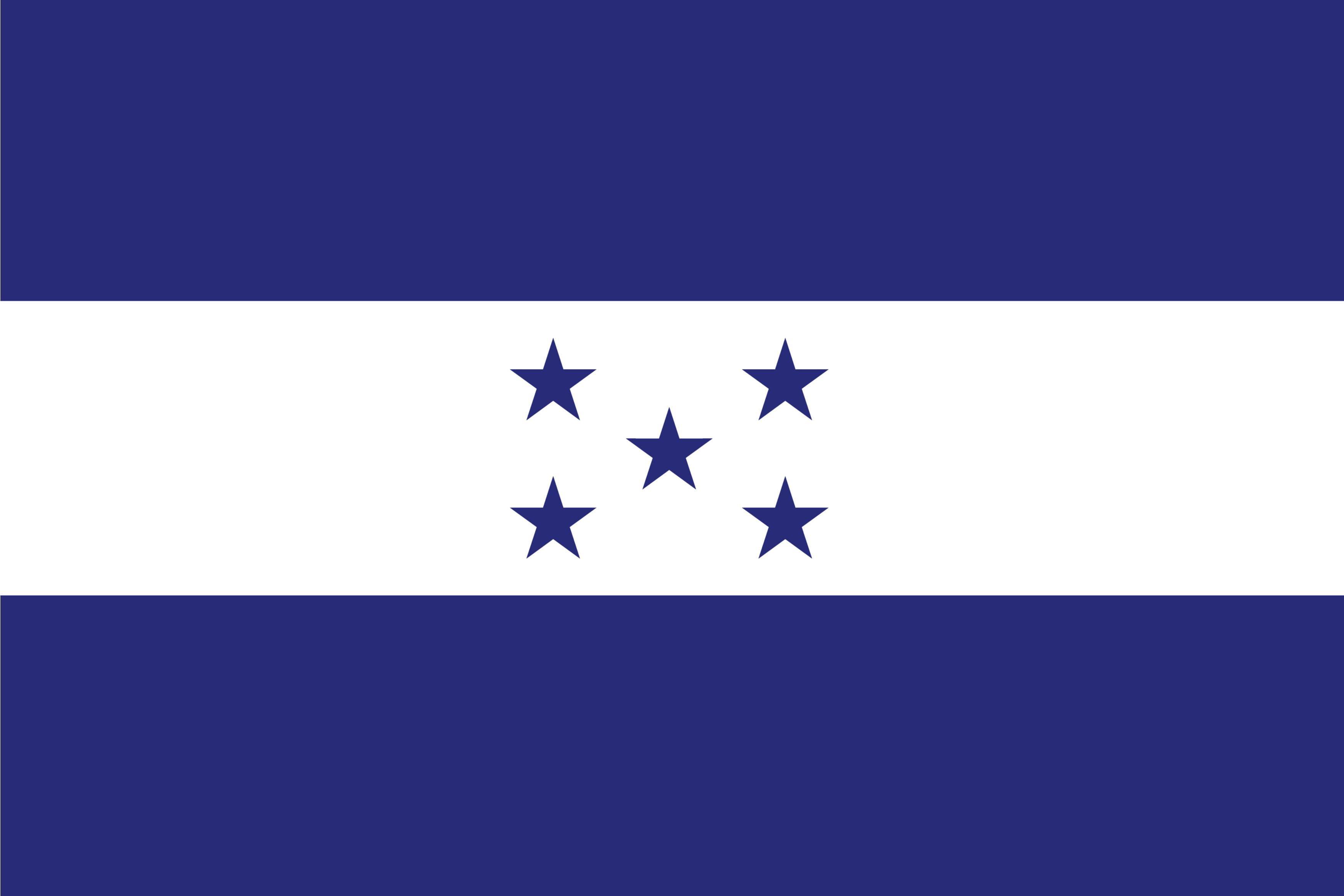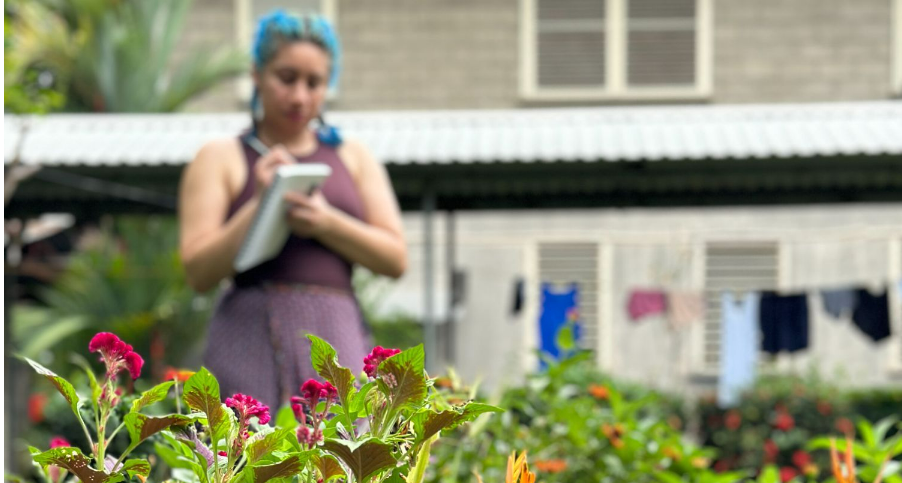Law enforcement agencies in Atlanta conducted a violent operation to clear a protest encampment in the Weelaunee Forest, resulting in the death of Indigenous Venezuelan activist Manuel Paez Terán. Terán was protesting against the construction of the Atlanta Public Safety Training Center, known as Cop City, on the forest land. Despite his death, the authorities continued the clearing operation, using excessive force against protesters. The incident marked the first known instance of state forces in the United States killing an environmental protester. In Central America, similar violence against land and water defenders has been alarmingly common, with governments often using terrorism charges to suppress dissent. The U.S. has historically played a role in promoting economic policies benefiting exploitative industries, while also training and supporting security forces that repress opposition. U.S.-backed police and military training programs have contributed to the rise of elite police units involved in extrajudicial killings. Despite these challenges, activists in both the United States and Central America continue to resist environmental destruction and militarization, advocating for alternatives to the existing oppressive systems.
- Home
- About Us
- Issues
- Countries
- Rapid Response Network
- Young Adults
- Get Involved
- Calendar
- Donate
- Blog



